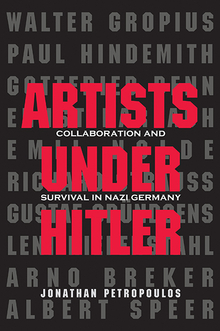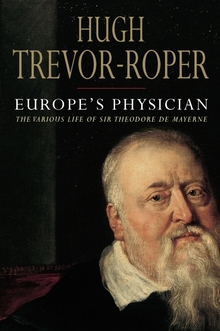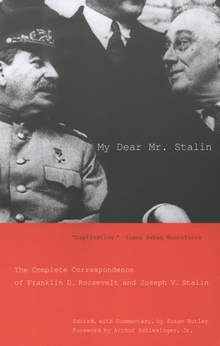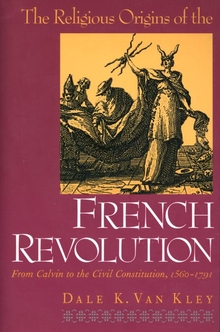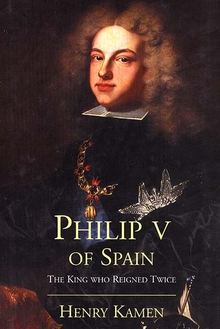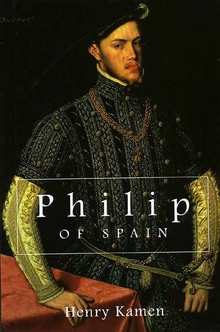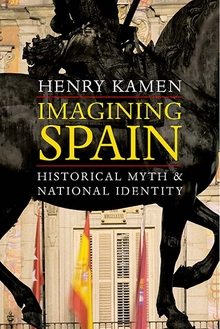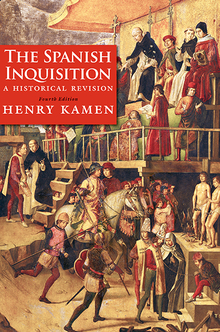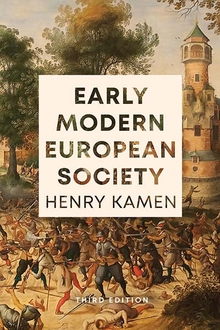The Phoenix and the Flame
WARNING
You are viewing an older version of the Yalebooks website. Please visit out new website with more updated information and a better user experience: https://www.yalebooks.com
Catalonia and the Counter Reformation
Henry Kamen
Kamen portrays the popular culture of Mediona, studying the shifting habits revealed by its administrative reforms during the Counter Reformation; the place of religious belief within the community; the attempts to change popular festivities and celebrations; the far-reaching innovations in marriage and sexuality; the role of the Inquisition and of the Jesuits; the problem of witchcraft, and the impact of books from the expanding presses of France, Italy, and the Netherlands on local language and ideas. Kamen concludes that the Counter Reformation was in some instances liberating rather than repressive in Mediona and the broader Mediterranean society of which it was part. By contemplating popular religion and culture as it was practiced by ordinary citizens, he offers new insights into an epoch normally studied only in the light of great political events, and he presents a wholly original vision of culture and society in Spain's Golden Age.
"A detailed and compelling book of great originality."—Anthony Pagden, Cambridge University
"Henry Kamen, who has a deft way with historical myths, makes an important contribution to this re-appraisal [of Spain's past] in The Phoenix and the Flame. The combination of meticulous detail, subtle reflection, bold argument and broad reference makes this one of Kamen's best books, and one of the best books by a foreigner about Spanish religion."—Felipe Fernandez-Armesto, The European
"The result of admirable research and an impressive breadth of knowledge. . . . This sympathetic, enthusiastic, and stimulating study is unique among English works on Spanish history."—Alastair Hamilton, Times Literary Supplement
"A richly detailed description of changes in rural Catalan religion during the sixteenth and seventeenth centuries. . . . An excellent portrait of a period and a region. . . . [Kamen] has provided insight into the evolution of popular religion in the peninsula, and he has cast light on everyday life in a too often forgotten corner of Europe."—Carl L. Bankston III, Commonweal
"[This book] is packed with lively detail on everything from attitudes toward sexuality to the popular missionary work of the Jesuits. . . . [Readers] will gain a much enriched vision of society and religion in early modern Catholic Europe."—Choice
"The historical evidence is adduced from numerous unpublished documents and contemporary sources, and laid out in a vast, readable narrative. Kamen has written authoritatively on Spain before; this book is a triumph."—Virginia Quarterly Review
"Henry Kamen's study of Catalonia is a remarkable piece of original research."—Diarmaid Macculloch, History Today
"A thoroughly enjoyable introduction to Counter-Reformation Catalonia. . . . Kamen's book is an important addition to the social historical studies of Counter-Reformation Spain."—Gillian T. W. Ahlgren, Sixteenth Century Journal
"The subject of this excellent and remarkable book is the practice and governance of popular religion in sixteenth and seventeenth century Catalonia, on which there is virtually nothing in English. . . . A book to be mulled over for years to come, with the promise of more."—H. M. Höpfl, Theological Book Review
"A detailed and nuanced assessment of the impact of the changes in liturgy, dogma, and behavior decreed by the Council of Trent on the organization and practice of religion in the Principality. . . . Thanks to this well researched and judicious monographs like this book . . . historians of early modern Spain now have a much better picture of the transformation and continuity in religious life at the local level."—Jim Amelang, Universidad Autonoma, Madrid
"A masterpiece of deep research in a well-defined area of interest. It is packed with fascinating detail and illuminated by useful insights. . . . Catalonia rises like a phoenix from the ashes of dry old documents in this brilliant history of little people and large changes in European life."—Bibliothèque d'Humanisme et Renaissance
"A fascinating and at times even inspired work of history that challenges historians of Spain to question many of their most cherished assumptions and to return to the archives with renewed vigor."—Sara T. Nalle, Journal of Modern History
"This is a landmark achievement in the study of Catalonia, Spain, and the Counter-Reformation. Any scholar of early modern history who aspires to true erudition will have to read this book, and be challenged and humbled by it."—Carlos M.N. Eire, Catholic Historical Review
Publication Date: April 22, 2014


